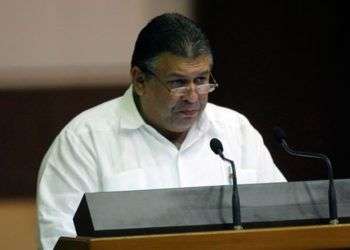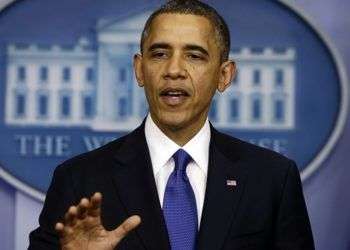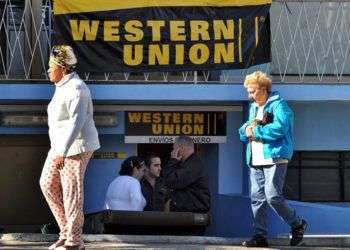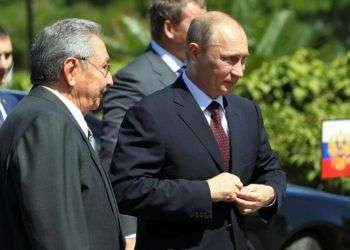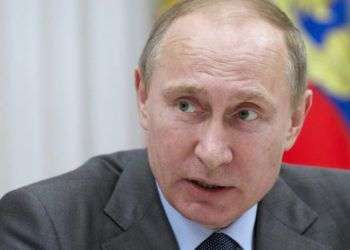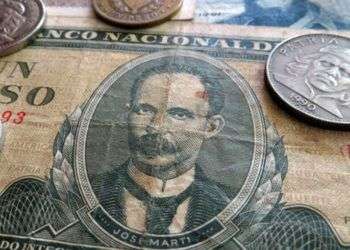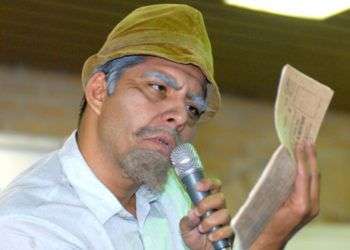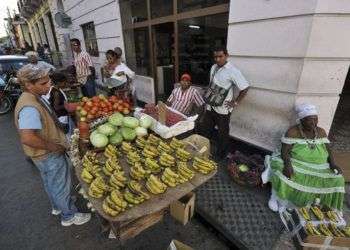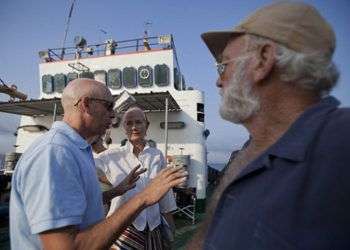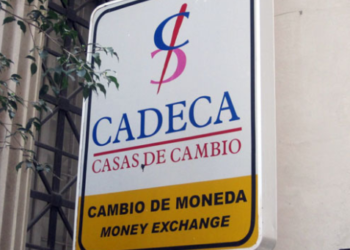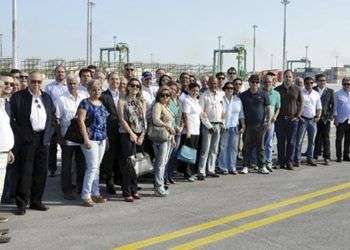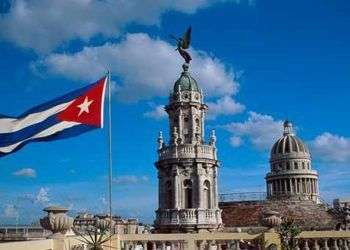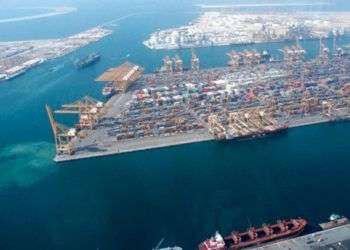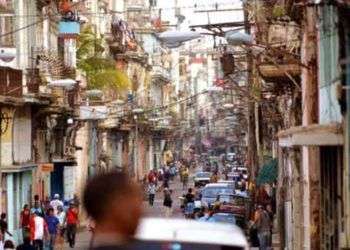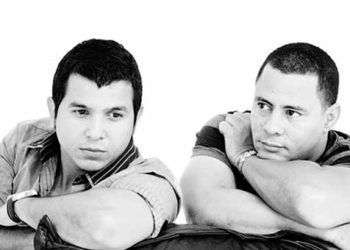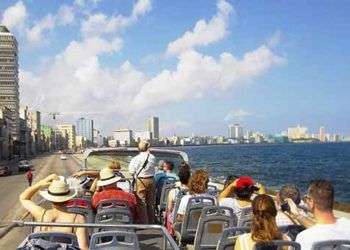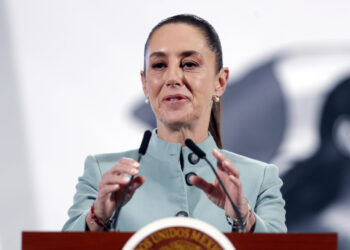Marino Murillo, economy minister again
Marino Murillo Jorge returns to his previous position. The government vice-president responsible for the changes in Cuban socialist system returns to the Ministry of Economy and Planning, which he left in 2011 to "concentrate" his efforts in monitoring changes in the economic model of the country. The decision meets the need to "harmonize and integrate to a higher level the process of updating the economic model and planning as principle of conducting the national economy," the government official note, read on national television at night September 25th, says. The information states that Cuba "delves into the most complex and deepest issues" of the economic reform initiated in 2011. In the past, the first vice president Miguel Díaz-Canel described monetary unification and the granting of greater autonomy to enterprises as "the most complicated issue" of the update process in the nation. According to the website of the Cuban government, the Ministry of Economy and Planning is the body responsible for directing, executing and controlling the implementation of the economic policy as well as the planning tasks. Murillo replaces in that Ministry Adel Yzquierdo, who happens to be first vice-minister of the sector, position he held prior to his appointment as minister...

